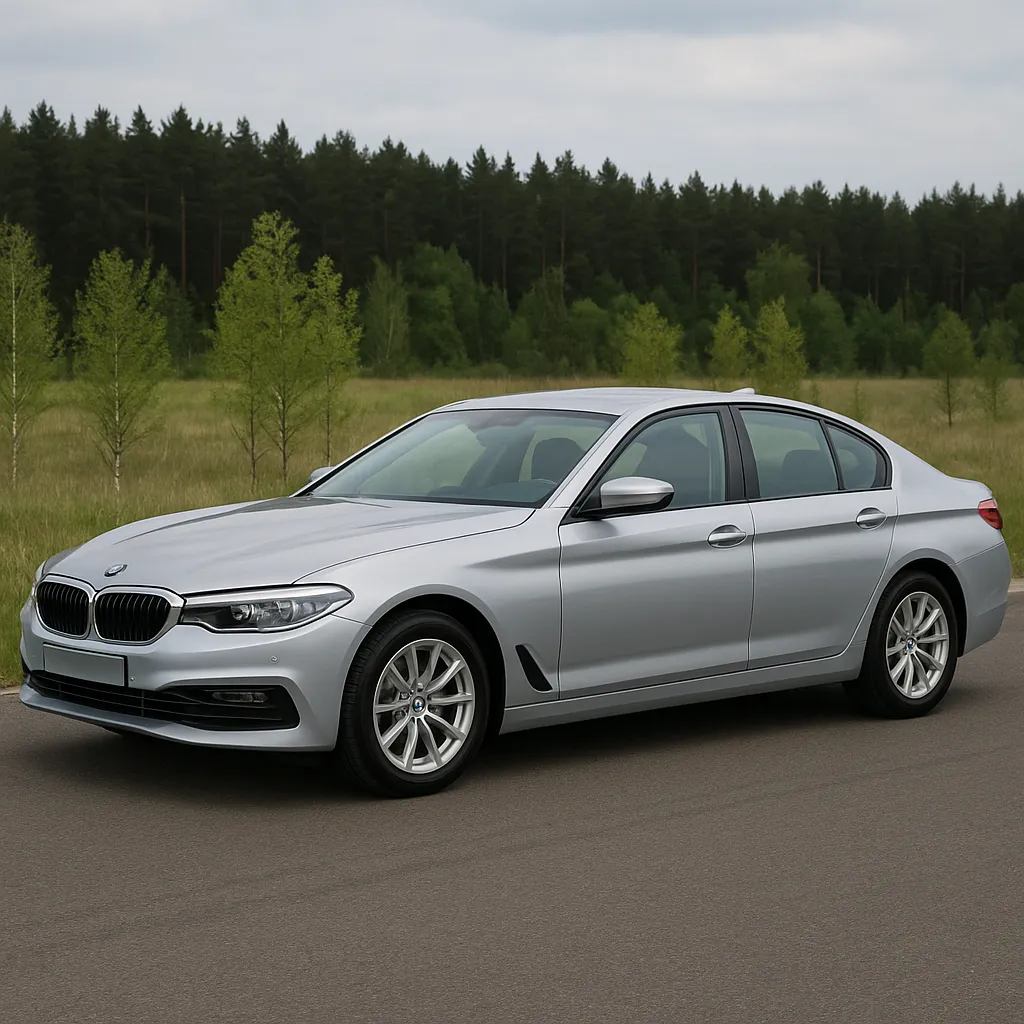Key Features
Known Issues
Ownership Costs
Annual ownership costs for a BMW G20 3 Series, after factoring in maintenance, insurance, and taxes/fees, can range from approximately $3,000 to over $6,000, with higher estimates in the first year and decreasing costs in later years, excluding depreciation. These estimates vary significantly based on the specific model year, your location, your driving habits, the specific shop chosen, and whether you're paying for repairs or sticking to routine maintenance. The average annual cost to insure a BMW 3 Series can be around $3,168, though this can vary widely by location and driving record.
Engine
Performance
Dimensions
Maintenance Schedule
Replaceable Parts with OEM Codes
Engine Maintenance
Braking System
Fluids
Electrical
Cooling System
Belts And Tensioners
Suspension
Community Insights
Owners frequently praise the B48 engine as 'silky smooth and super responsive' with excellent power delivery, though some report occasional oil consumption issues requiring monitoring between services.
The 8-speed ZF automatic transmission receives universal acclaim for seamless shifts and quick response, with many noting it's significantly better than the previous generation's transmission.
Multiple reports of iDrive system freezing or becoming unresponsive, particularly during the first year of ownership. Software updates from dealers usually resolve these issues but can be frustrating for new owners.
Side mirror motor failures are commonly reported within the first 12-18 months, with some owners experiencing multiple replacements under warranty before the issue is permanently resolved.
Cabin ventilation system consistently criticized as 'really, really weak' even on maximum settings, with many owners seeking warranty repairs for what appears to be inadequate airflow design.
Steering feel described as 'devoid of feeling' compared to previous F30 generation, though steering precision and response are praised. Many enthusiasts miss the more connected driving experience of older BMWs.
Interior quality universally praised as a major improvement over F30, with owners describing materials as 'much more damped and robust' with an overall feeling of enhanced luxury and refinement.
Real-world fuel economy typically achieves 7.5-8.5 L/100km in mixed driving, with highway-only driving seeing as low as 6.5 L/100km when driven conservatively in Eco Pro mode.
xDrive all-wheel-drive system receives excellent feedback for seamless operation and superior winter traction, with owners noting it works so smoothly they often forget it's there.
Many owners report the car feels 'overly technical' with too many adjustable settings and menu options, making simple tasks more complicated than in previous BMW generations.
Safety features like lane departure warning and collision avoidance can be intrusive for experienced drivers, though most can be customized or disabled through iDrive settings.
Harman Kardon audio system upgrade consistently recommended by owners who describe it as 'well worth having' and 'sounds fantastic once run in' compared to the base audio system.
Driver Assistant Pro (semi-autonomous driving) receives high praise for highway use, with owners describing it as 'very relaxing' and 'works very very well' on long journeys.
Build quality shows significant improvement over F30 predecessor, with fewer rattles and better panel gaps, though some early production cars experienced minor interior trim issues.
Maintenance costs are higher than Japanese competitors but generally in line with other German luxury brands, with dealer service quality varying significantly between locations.
Long-term owners report that electronic issues tend to surface in the first 2-3 years, after which reliability typically improves significantly with proper maintenance and software updates.
Frequently Asked Questions
BMW uses Condition Based Service (CBS) which typically indicates oil changes every 16,000 km or 12 months, whichever comes first. The system monitors driving conditions and may adjust intervals accordingly. Always follow the CBS display rather than fixed intervals.
The most frequently reported issues include valve cover gasket leaks, oil filter housing leaks, coolant consumption, VANOS solenoid problems, and various electronic malfunctions including iDrive system freezing and side mirror motor failures.
The B48 engine is generally reliable but requires proper maintenance. Common issues include valve cover leaks, oil filter housing problems, and occasional oil consumption. Regular oil changes with quality synthetic oil help prevent most engine-related problems.
The xDrive system is highly reliable and praised by owners for seamless operation. Maintenance involves changing differential and transfer case fluids every 80,000 km. Most owners report excellent winter performance and rarely experience xDrive-specific issues.
While feature-rich, early G20 models experienced iDrive freezing and glitches. Software updates from BMW dealers typically resolve these issues. Many owners find the system overly complex initially but appreciate its capabilities once familiar with the interface.
The ZF 8-speed automatic is generally praised by owners for smooth operation and quick shifts. Unlike some competitors, transmission problems are rare. BMW uses 'lifetime' transmission fluid, only requiring changes during repairs or major services.
Owners typically report 7.5-8.5 L/100km in mixed driving conditions. Highway driving in Eco Pro mode can achieve as low as 6.5 L/100km. City driving may increase consumption to 9-10 L/100km depending on driving style and conditions.
Yes, coolant consumption is a known issue with G20 models. Regularly monitor coolant levels and inspect for leaks. Common causes include water pump failure, coolant reservoir cap leaks, and occasionally turbocharger issues. Early detection prevents major engine damage.
Focus on regular oil changes with quality synthetic oil, monitor coolant levels, replace cabin and engine air filters on schedule, and address any oil leaks promptly. VANOS solenoid maintenance and keeping the intake system clean are also crucial for the B48 engine.
Most owners who've experienced both generations strongly prefer the G20 for its improved build quality, refined interior, better technology, and enhanced driving dynamics. The main trade-offs are increased complexity and higher maintenance costs.
